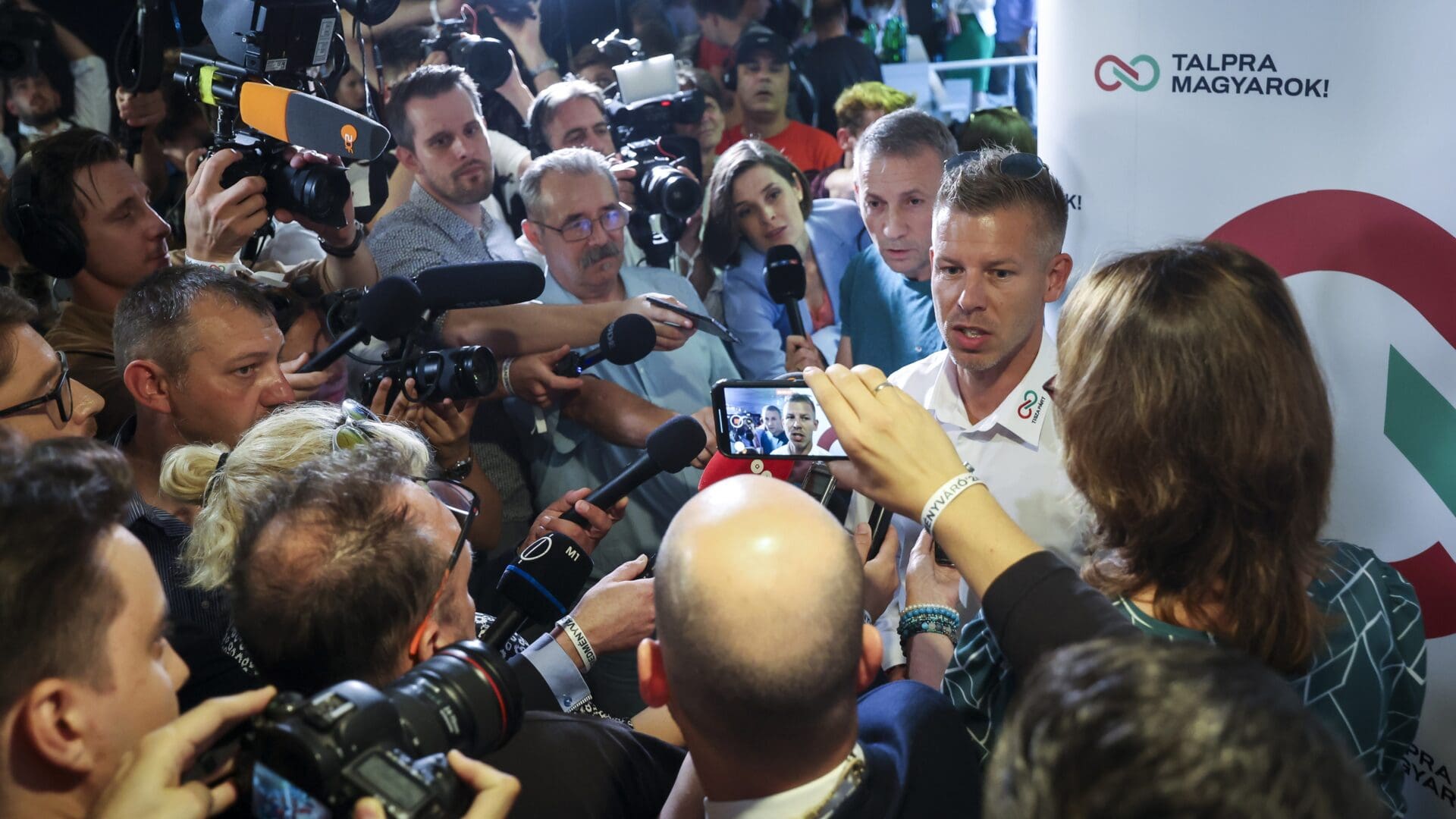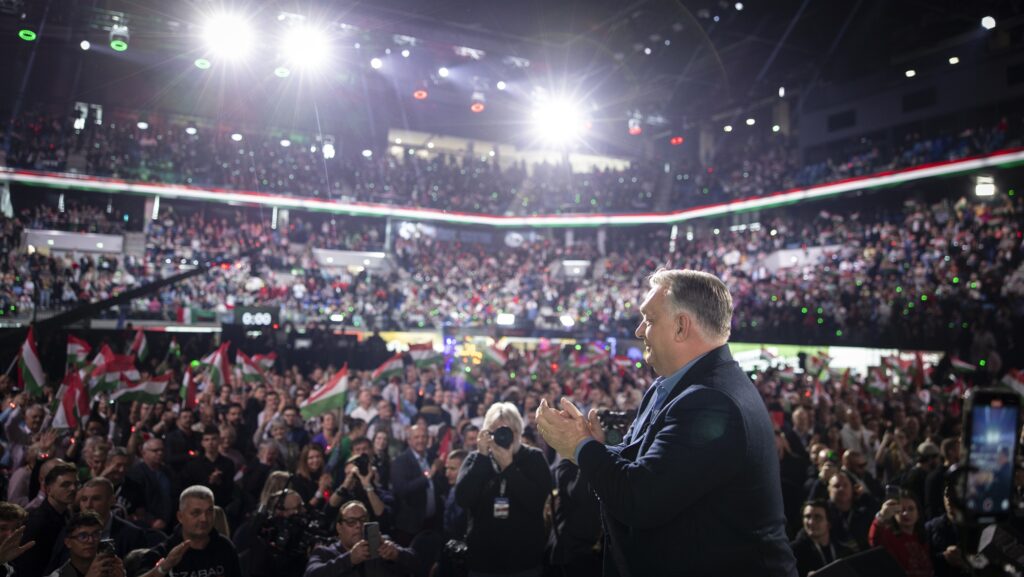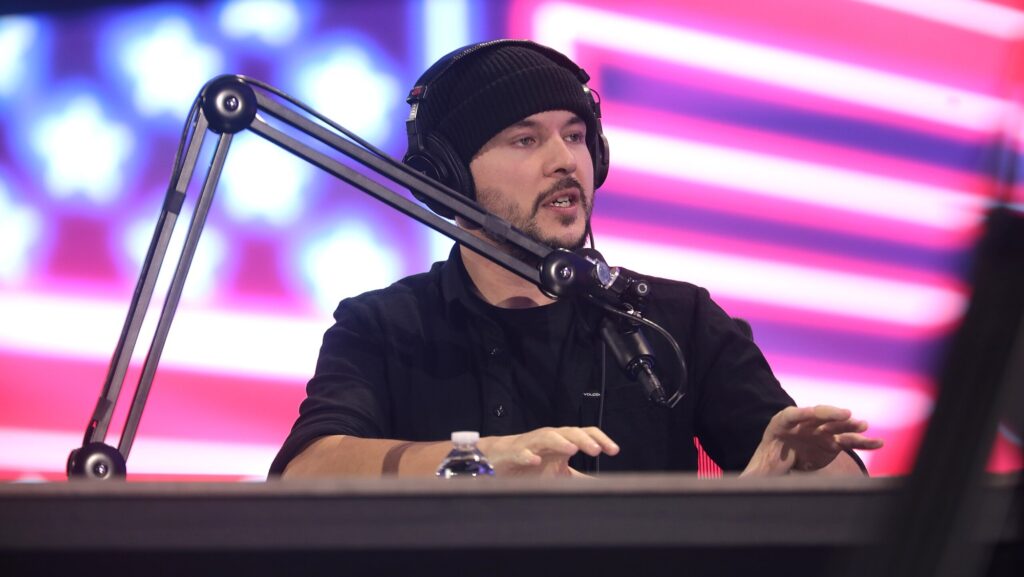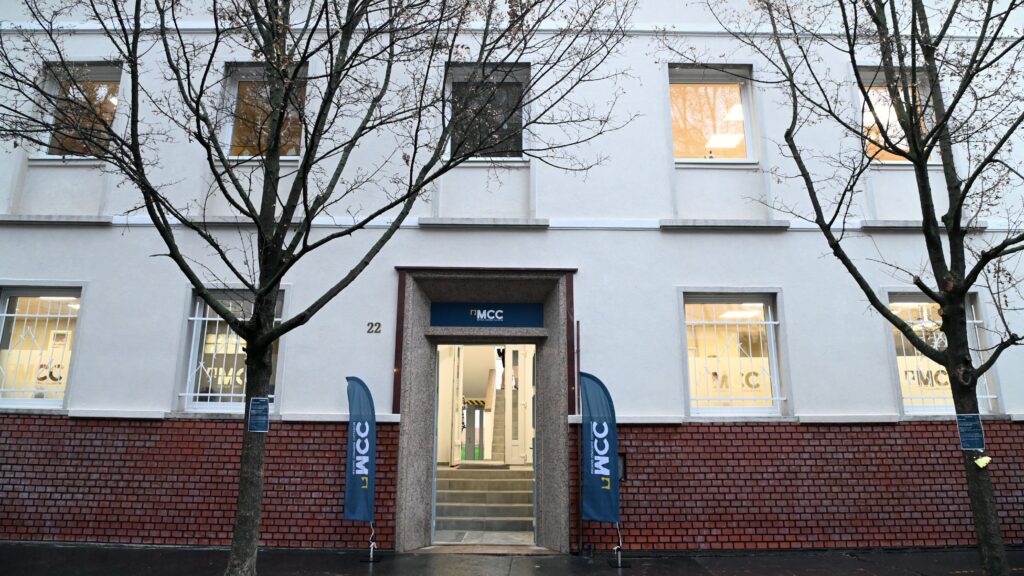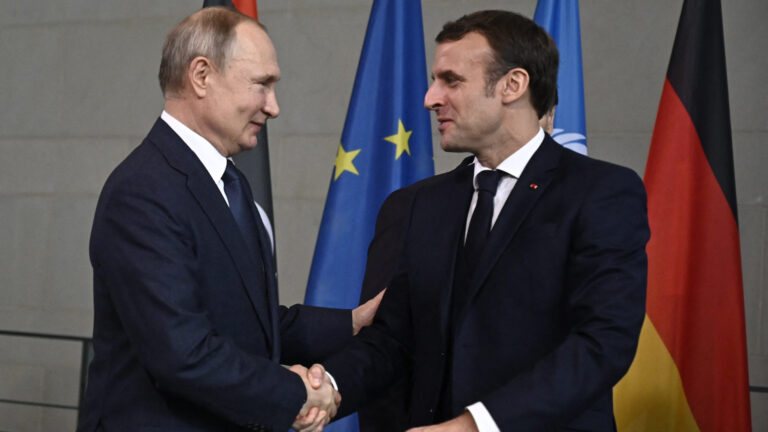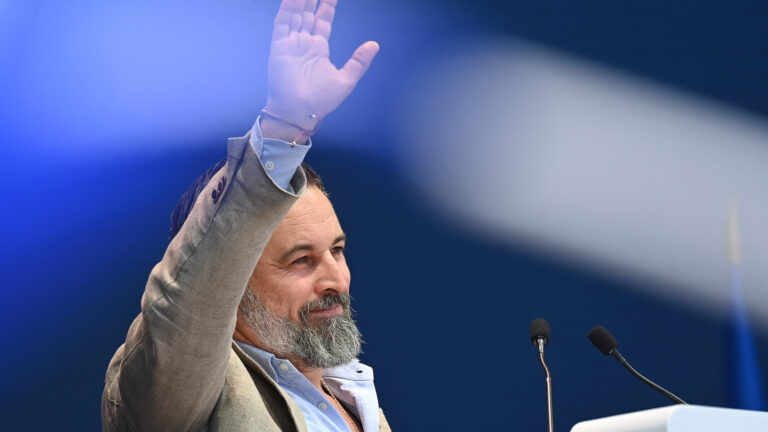It was not a long time ago that Péter Magyar’s name was unknown for most of the Hungarian public. After just a couple of months, or rather, weeks of intense campaigning Magyar (teamed up with a party called TISZA) achieved 29,5 per cent in the European elections held on June 9. During the campaign Magyar was confronted multiple times and was urged—most famously in an interview with controversial ‘scandal celeb’ and media personality Róbert Puzsér watched by 2 million viewers—to clarify his position on a series of political matters that are relevant for the electorate. Despite the attempts to make him inform voters about his vision for Hungary, many questions remain unanswered both about his policies as well as the identity and political beliefs of his party members who are relatively unknown to the public but were elected to serve in the EP and the Budapest assembly. In the past less than two weeks since the elections Magyar did little to provide answers, but much more to prompt quite some further questions.
Money — Where is the Funding From?
While established parties have steady income streams, it is always a question how new parties get their funding. Such questions were raised about Péter Magyar’s campaign funding, too. In a matter of weeks Magyar visited about a 170 villages and towns in Hungary—undoubtedly, carrying out such a well- organized campaign requires a steady logistical background that does not come cheap. Magyar also orchestrated three large scale demonstrations, on 15 March and on 8 June in Budapest, and on 5 May in Debrecen. Albeit Magyar’s team did publish the financial details of the budget of its Kossuth square demonstrations (totalling 30 million HUF), some doubt that it could be organized with that, relatively little, amount of money. Famously, popular anti-government actor Ervin Nagy has been named as a high-profile donor for Magyar’s demonstrations, yet some nevertheless question if Nagy’s financial support was sufficient to cover the expenses of photographers, stages, audio and other electronic equipment, not to mention the honoraria of advisors and the costs of travel and accommodation. Trying to clarify the situation, Magyar also cited micro-donations from ordinary Hungarians as the source of funding for his campaigns. He also promised to make his asset declaration public back in April, following a rather public fallout with his ex-wife, the former Minister of Justice Judit Varga, but he has not done it so far.
In other words, almost two weeks after the elections the exact details of the origins of Magyar’s campaign funding are still unsatisfactorily explained.
EP — Already Rolling Back on Promises?
During the campaign period Péter Magyar told to his voters and the media that even if he is elected for a seat in the European Parliament, he will not go to Brussels, but he will rather stay in Hungary to build his political party. Despite his earlier statement, this week Magyar informally polled his electorate whether they think he should go to Brussels or not. While over 1.3 million voters cast their ballots to support him based on the statements he made during the campaign, it was just around a hundred thousand votes cast amidst questionable circumstance on his party’s website and 75 per cent of those were in favour of him occupying his MEP seat, so he will most likely serve his five-year-mandate in the EU institution. The post in which he called on his supporters to people to cast their votes listed only arguments in favour of him taking up the 10,000 Euro/month job, which (according to a disparaging statement he made earlier about the EP) requires only eight days of physical presence each month in Brussels or Strasbourg. But Magyar made yet a new promise: if his work at the EP will be at the expense of building his party or preparing for the 2026 general election, he will resign.
ATV — Is Making Media Workers’ Religious Affiliation Public OK?
During the campaign Magyar harshly criticized the media in general, including critical-of-the-government ones, but in particular commercial television ATV for allegedly not inviting him to their political talk shows. Magyar claimed that between March 28 and May 3, at a time when he already rose to political significance, ATV failed to give him a chance to talk about his programme. A couple of days before the elections he iterated his concerns in ATV’s studio, and later, on the eve of the elections, he repeated his criticism in a press conference. Shortly after the EP elections took place where Magyar’s party garnered 29,5 per cent of the votes, Magyar arrived at the ATV studio one more time, this time for an interview with renowned programme host Egon Rónai. Rónai started the discussion with presenting Magyar with a document containing evidence that—contrary to his claims—the channel did try to contact Magyar on multiple occasion (even between March 28 and May 3) but they did not receive a response from Magyar or his team. Rónai also denied Magyar’s accusation that ATV did not appropriately feature him, arguing that the channel covered his political campaign at least twice every day in the election period. Magyar took issue with Rónai’s statements, voicing his objection about the process, suggesting he was being ambushed, rather than interviewed. So barely two minutes into the interview Magyar stood up and stormed out of the studio.
Even the little time he spent at ATV was enough for Magyar to mention the name of the owner of ATV, evangelical Faith Church, and its Chief Pastor Sándor Németh, and alleged that the television only serves as a propaganda outlet to further the political agenda of the church and Németh. Soon after the embarrassing clash at the studio Magyar posted a frustrated note about ATV, disclosing the religious affiliation of multiple employees of the channel (all of whom are affiliated with the channel’s owner, Faith Church), alleging that the Pastor’s views influence their work as broadcasters. Although Magyar later apologized for his comments, they unsurprisingly provoked major outrage, and a report was filed with the police, suggesting that he disclosed sensitive personal information without the permission of those involved. The police forwarded the charges earlier this week to the Central Chief Prosecution Office of Investigation, who will now determine whether Magyar’s action indeed constitute misuse of personal data or not.
Encounter with MCC Students — Who Is Lying?
This week Magyar posted a photo of himself with some Mathias Corvinus Collegium (MCC) students, and alluded to the fact that they support his party, TISZA. Magyar met with the students at the airport on the way to Brussels. Chairman of the Board of Trustees of Mathias Corvinus Collegium (MCC) and Viktor Orbán’s political director Balázs Orbán objected to the post, arguing that Magyar uses students from his institution for political purposes. In fact, multiple MCC students made comments under the Magyar post, stating that it was not them who asked for a group photo but Magyar, and they had no knowledge of the fact that it would be posted on the politician’s Facebook page which has around 350 thousand followers. Some MCC students also shared that they did not disclose their political stance during the short encounter with Magyar. In the comments responding to some of the students Magyar reiterated his earlier claim that it was the students who had asked for the photo, and, in his characteristic abrasive style, confronted a student whether the comment he made was written by him or if he was made to do it.
Albeit all these are important questions, the biggest question of all is how long voters will place their trust in a person and his party they hardly know anything about, and whose next moves are difficult to predict.
Related articles:

